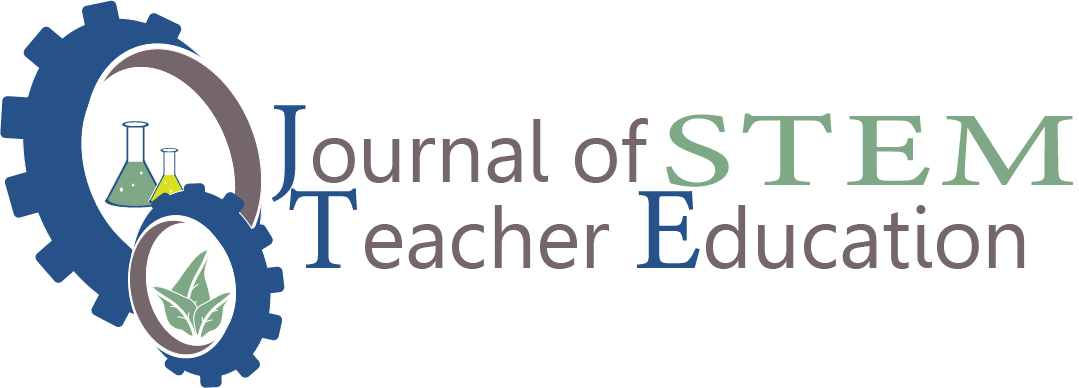
Abstract
Gifted students are our nation’s natural resource of technological inventors and innovators, but oftentimes do not receive differentiated instruction in technology/engineering design learning environments. This is not negligence or lack of care by the instructor, but a national issue of not sufficiently providing pre- and in-service teachers with formal training opportunities in gifted education. The purpose of this study was to understand the perceptions of K-12 teachers, trained in gifted education pedagogy and the Design Thinking Model (DTM), after their gifted students engaged in design thinking activities. Fifteen K-12 educators of different content areas reflected in focus groups upon how their gifted students performed. Teachers noted cognitive, affective, and conative phenomena, such as development of 21st Century capabilities, externalizations of psychosocial behaviors (e.g., perfectionism, avoidance of failure, gifted underachievement), and strong motivations to solve problems for end-users. The researchers suggest that with the reality of educators unable to receive formal training in gifted education, developing an awareness of intrapersonal functionalities of gifted students engaged in design thinking can be a significant step toward providing supportive learning environments.
Recommended Citation
Stith, Krista M.; Potts, Mistie L.; DaVia Rubenstein, Lisa; Shively, Kathryn L.; and Spoon, Robyn
(2020)
"Perceptions of K-12 Teachers on the Cognitive, Affective, and Conative Functionalities of Gifted Students Engaged in Design Thinking,"
Journal of STEM Teacher Education: Vol. 55:
Iss.
1, Article 5.
DOI: https://doi.org/10.30707/JSTE55.1/DPHX3873
Available at:
https://ir.library.illinoisstate.edu/jste/vol55/iss1/5
Included in
Curriculum and Instruction Commons, Educational Psychology Commons, Gifted Education Commons

